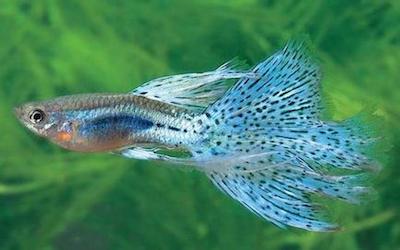PTE考生目前最大的问题之一就是练习题缺乏。除了有限的基本官方书(PLUS,Testbuilder, OG)之外就没有题了。很多英语基础不是很扎实的同学很难找到练习材料。悉尼文波雅思PTE培训学校专门为澳洲,尤其是悉尼、墨尔本的PTE考生准备了适合PTE听力阅读练习的科学60秒。各位PTE同学可以练习PTE听力中的summarise spoken text和PTE口语中的retell lecture,PTE听力口语-科学60秒-Frosty Moss练习记笔记技巧和复述。废话少说,下面开始:
听力内容:
60秒科学节目(SSS)是科学美国人网站的一套广播栏目,英文名称:Scientific American – 60 Second Science,节目内容以科学报道为主,节目仅一分钟的时间,主要对当今的科学技术新发展作以简明、通俗的介绍,对于科学的发展如何影响人们的生活环境、健康状况及科学技术,提供了大量简明易懂的阐释。
This is Scientific American’s 60-second Science, I’m Jason Goldman.
Got a minute?
Humans aren’t the only species that forms friendships. Lots of animals prefer to spend their time only with certain individuals.
“It’s all very well showing that you do get social relationships and social bonds forming, but why on earth would you form them in the first place?”
University of Exeter animal behavior researcher Rob Heathcote. He and his team wanted to find out what benefit animals derive from close social relationships. To do it, they set out for the Caribbean island of Trinidad, home of a small freshwater fish called the Trinidadian guppy.
“These guppies live in environments that have tons of predators around, so basically it really sucks to be a guppy. In some places they live, you’ll be watching these shoals of guppies and a predator is attacking them every twenty or thirty seconds or so.”
One common idea is that such animals form social groups to reduce the risk of being gobbled up. But Heathcote wanted to see whether the benefits of social living might come from the strength of individual social relationships rather than simple safety in numbers.
The researchers caught 240 female Trinidadian guppies and divided them into groups of fifteen, each group in its own small pool. While some of the fish were left alone, others were exposed to what looked like a predator—a doll version of a guppy-eating fish called a pike cichlid.
Those guppies exposed to the ersatz predator were more likely to establish stronger social bonds. But the groups formed by those guppies were on average smaller than the groups formed by the fish that were not exposed to predators.
Heathcote thinks that the tighter-knit friendships that come from small groups allow guppies to more effectively cooperate in their predator avoidance activities.
“You can either hang out with a load of guppies, and every time these predators attack, you’re unlikely to be the one that gets eaten. But obviously the first thing that happens when you form a big shoal is that this attracts every single predator in the vicinity… The alternative is you can be inconspicuous in a small social groups of three (or) four individuals. Everyone’s kind of looking out for each other, they’ve got each other’s back.”
So spending time with a few close friends could outweigh the benefits of blending in with the crowd, particularly in dangerous situations.
“Friendship,” said Winnie the Pooh writer A. A. Milne through his character Christopher Robin, “is a very comforting thing to have.” Especially when there’s a big scary fish trying to eat you.
Thanks for listening for Scientific American — 60-Second Science Science. I’m Jason Goldman.
墨尔本悉尼文波PTE原创首发
更多精彩请持续关注微信wenbo_tv3。





